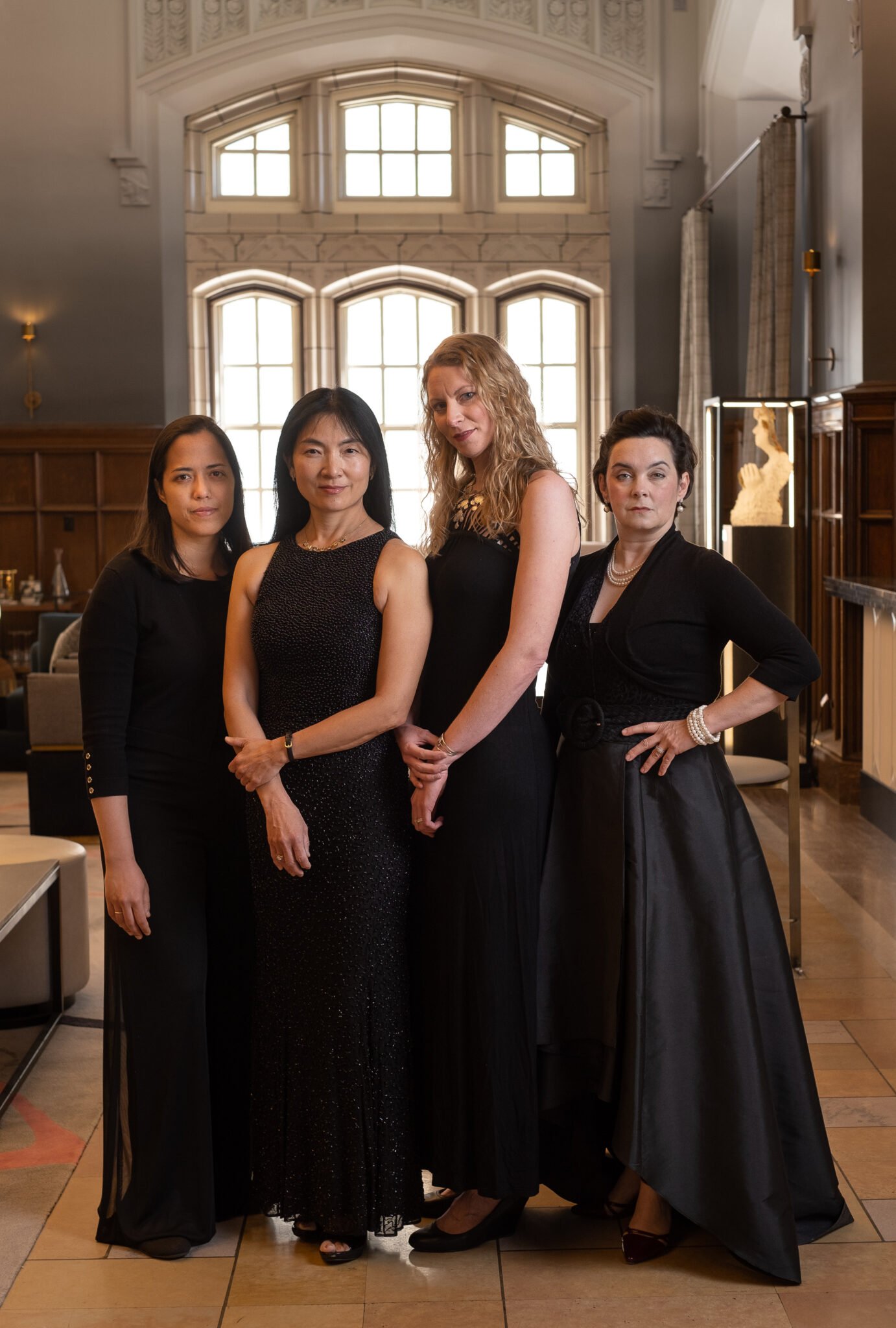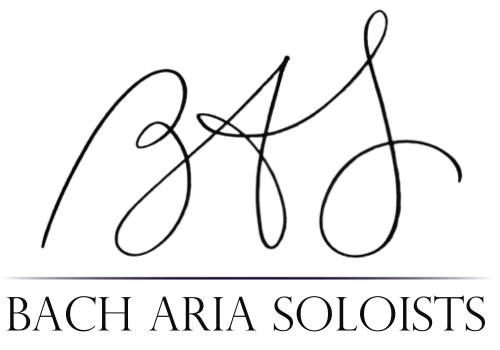
Audiophile Audition Review: Bach Aria Soloists – Le Dolce Sirene – Reference Recordings
Bach, Monteverdi, Handel, MacDowall: Bach Aria Soloists; Le Dolce Sirene – Reference Recordings FR-750, 2023 : 51:37 ****
Driving across the vast expanses of the Western United States, one becomes oppressed at points by the absence of things, the nullity of it all. Both Nature and Civilization seem to have fallen idle: salt flats, slag heaps, arid shrubbery and asphalt and then the intermittent outposts of commercial activity, which hardly inspire hope. One longs for a string quartet playing cheerfully in a small village square (as I have seen in Europe), but the closest to that is a lonely cowboy singer on the A.M radio.
Finally though, the corn fields hove into view, and some fiddling with the dial brings in the 91.9 Kansas City Classical Radio station. The mellifluous Frank Byrne is introducing the next piece by J.S Bach, or Haydn or Schubert’s late sonatas played by Maria-Joao Pires. One feels powerfully the hard won affirmation. The Metropole, that uncertain and perilous experiment, seems like a good idea after all.
The Kansas City Symphony has an illustrious history going back to its founding in 1911 under Carl Busch. It continues to thrive today with 80 full time musicians, all based locally. The KU Music School, some cornfields away, produces top flight musicians who enrich the KC musical scene.
So with Kansas City standing brightly as one of those inexplicable musical beacons, it is always a pleasure to have some piece of musical culture show up at my doorstep in the form of a new release. The newest, presented by Reference Recordings, an audiophile recording company whose motto “the best seat in the house,” delivers on its claim by offering the listener crystal clear sonics, nice separation and soundstage. The disc shows off the work of a quartet of KC musicians who call themselves The Bach Aria Soloists.
One expects some high-flying soprano singing, and it is superbly rendered by Sarah Tannehill Anderson. She has effortless command of her vocal instrument. Starting with one of Monteverdi’s “Yearning Songs” (in fact, the title of the collection is Fourth Jest of Yearning Songs), Ms Anderson demonstrates compelling rhetorical power; a stunning and glass-shattering upper range and glowing middle range. There is the usual complaining about the impious ones’ neglect of her passion as well some basking in “sweet torment,” typical poetic materials of the madrigal school that require modest shifts in mood, nuances attended to with care by this experienced opera singer.
The most striking feature of this opening track is the keening sound of the violin paired with a minimal cello basso continuo. This was my first exposure to the exceptional skills of the violinist and director of the ensemble, Elizabeth Suh Lane. Her instrument (not mentioned) sounds like a period violin. She plays without vibrato but avoids the asperity sometimes produced by early music practitioners. Her sound is not far off from that of Alina Ibragimova, chilly in ways that speak in both Historically Informed Practice as well as the austerities of 20th century music.
The well-known aria from the Messiah follows, with the violin dancing nimbly along with the soprano. The exfoliation is a bit much for these ears, but the arrangements once again played by a shy harpsichord and the two strings are refreshing, taking the piece out of the concert hall and back into a small room.
There will be another Handel piece further on, this one drawn from the volume of poems by his German compatriot Brockes. The instruments and voice keep a slow pulse alive, coaxing sweetness and peace out of the text that is cliche of German Pietism. This is Handel melodism performed with consummate mastery.
A Bach aria on offer takes up the similar theme of tranquility and contemplation but in the context of a secular rather than Lutheran context. This will likely be new for most listeners and is very well done indeed.
The ensemble veers from the 18th century zone into the 20th century with four songs by Cecila MacDowall. Here we at least have more interesting texts. Added to that is the group’s rearranging of the material. Originally for piano, played ably by the Elisa Williams Bickers, strings have been added to give them the feel of Benjamin Britten’s songs, which may have been a model for these pieces. These are substantial works that will appeal to fans of modern vocal recitals. They don’t lack variety in either textures or timbres. The soprano sounds completely at home in this music.
It must be said that this disc contains oddities. Why it would include a rather longish Mendelssohn organ piece (Sonata 4, Opus 65) is beyond me. Suddenly we are in a cathedral where Ms Bickers, high in her loft, booms out a pedagogically purposed voluntary, which had aimed to introduce the English to the heritage of Bach. Well-played on a fine instrument, and showing off engineer P. J. Kelley’s outstanding mastering of large building feng shui, it will likely be a longueur for all but organ aficionados.
Easily the finest work on the cd is the Bach sonata in G, BWV 2021 for Violin and continuo. The cello doubles the harpsichord to strengthen the continuo and Elizabeth Suh Lane does justice to this most profoundly moving work from Bach’s Cothen days. This is nine minutes of musical bliss. It seems obvious and inevitable that this violinist takes up this music –not that there is any shortage of recordings of this repertoire–and makes her own statement. And the harpsichordist who is charged with two voices in this newly invented trio sonata form shows herself expertly suited for this intricate polyphony. In most early music performances of this work, the harpsichord is balanced more evenly in the mix. I had slight misgivings about the sound balance here. But in the end, I think it serves as a way to put the violin in the spotlight.
The send-out piece is an improvised set of variations on the well-known (too well known for me) Folia Variations. It is almost impossible not to run this concatenation of downward plodding chords into the ground. But this group is singularly talented. Led by the stupendously beautiful violin, effectively grounded by the excellent cello of Hannah Collins, it manages to carry this piece off with aplomb.
In short, this is a charming and original production that gets my genuine applause. I will search for any future productions by the Bach Aria Soloists and especially the violinist, who should have any number of parks and streets named after her in this first-rate musical city.
Fritz Balwit
Audiophile Audition
